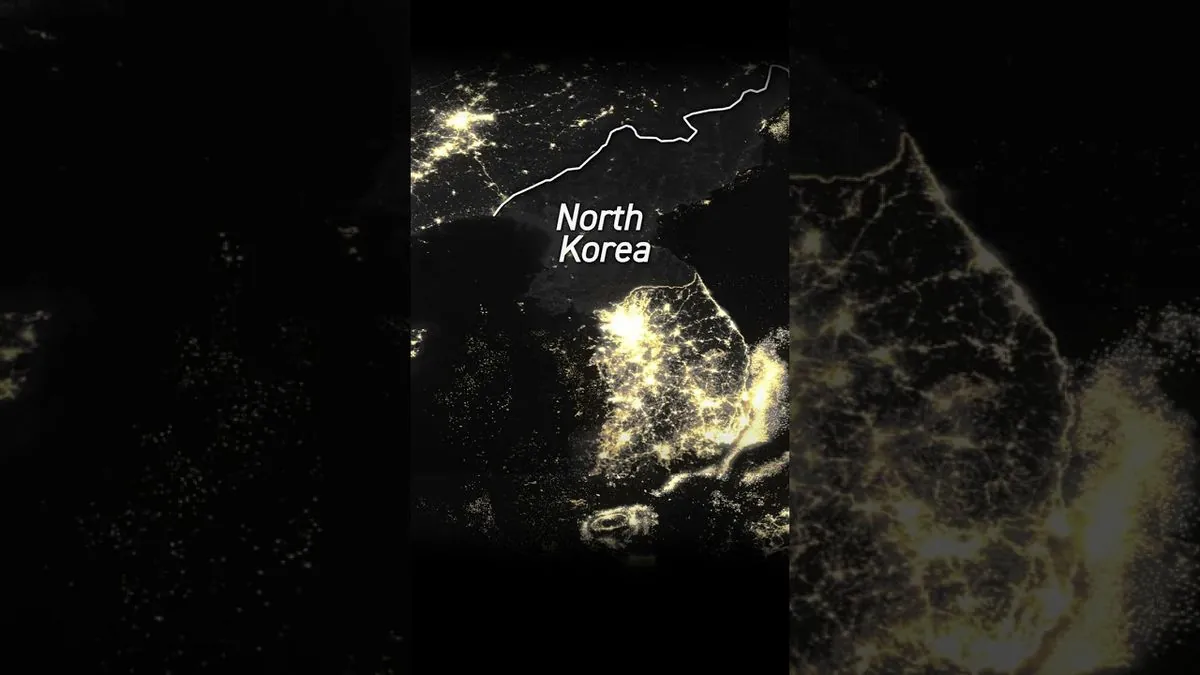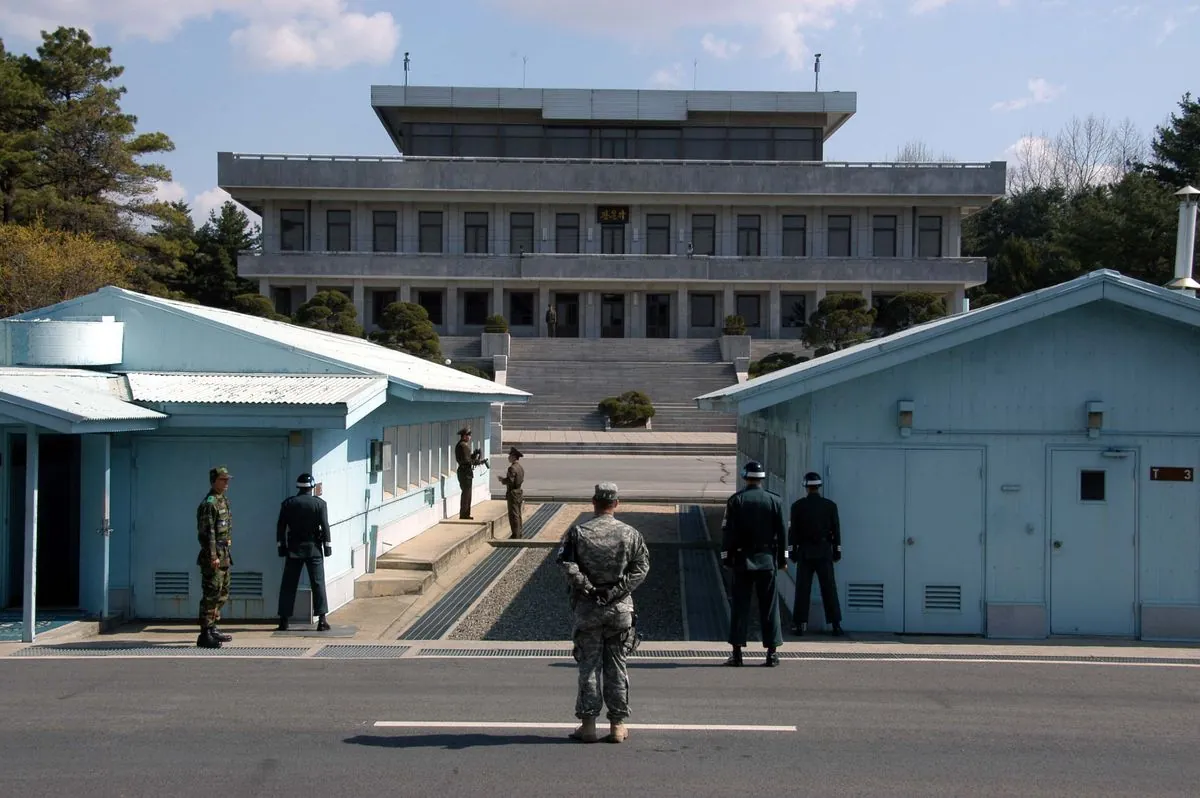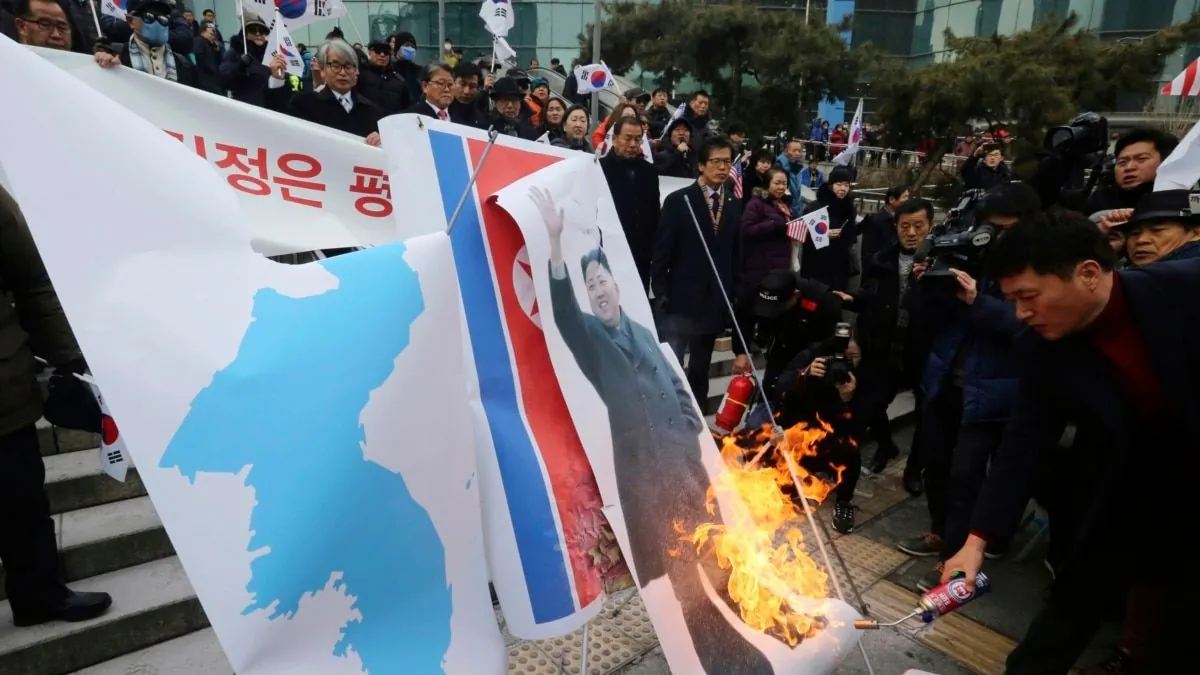Korean Unification Dreams Fade as North and South Diverge
Recent shifts in North Korean policy renounce unification, while South Korea maintains its goal. This divergence raises questions about the future of inter-Korean relations and the possibility of a two-state solution.

The Korean Peninsula, once unified for over a millennium, now faces a stark divide in its vision for the future. Recent developments have highlighted the growing chasm between North and South Korea's approaches to reunification, a goal that has been central to both nations since their separation in the late 1940s.
In August 2024, South Korean President Yoon Suk-yeol commemorated the 79th anniversary of Korea's independence from Japanese colonial rule with a call for a unified, democratic Korea. This stance starkly contrasts with North Korean leader Kim Jong Un's December 2023 statement renouncing unification as no longer viable.
The historical context of this divide dates back to the peninsula's division following World War II. Both Koreas initially competed to be the sole unifying force, with South Korean President Syngman Rhee even advocating for unification by force in 1953. Similarly, North Korean leader Kim Il Sung sought to incite a communist revolution in the South in 1968.

The end of the Cold War brought hope for peaceful unification, culminating in the 2000 Joint Declaration. However, recent actions by North Korea have signaled a decisive break from this aspiration. In July 2024, Kim Jong Un directed the removal of unification-related goals from the North Korean constitution, solidifying the regime's commitment to a permanent division.
This shift has sparked various interpretations. Some view it as a transformation of North Korea's perception of South Korea from a potential partner to an adversary. Others suggest it may be an attempt to justify potential aggressive actions. However, a more nuanced interpretation sees this as North Korea's acknowledgment of its loss in the "unification competition," given the South's significant economic, diplomatic, and cultural advantages.
"The goals related to 'unification' and 'grand national unity' shall be removed from the constitution, signaling our commitment to a separate path forward."
The influence of South Korean pop culture in North Korea has played a crucial role in this shift. Despite harsh penalties, including potential death sentences under the Anti-Reactionary Ideology and Culture Act of December 2020, North Koreans continue to consume South Korean content. This exposure has led to increased awareness of the disparities between the two nations, potentially breeding discontent within North Korea.
In contrast, South Korea's approach, as outlined by President Yoon Suk-yeol, envisions a unified, democratic Korea. This vision, however, could be interpreted by Pyongyang as endorsing the eventual absorption of North Korea, raising concerns and potentially exacerbating tensions.
A potential solution to ease these tensions could be a two-state approach, accepting the current reality of separate states and fostering peaceful coexistence. However, this idea faces significant challenges in South Korea, where unification is not only a policy preference but a constitutional obligation.
The emotional attachment to unification remains strong among many South Koreans, particularly older generations. A recent survey showed that while only 46.5% of South Korean millennials believe reunification is necessary, over 73% of those who lived through the Korean War strongly support it.

Legally and practically, South Korea's refusal to recognize North Korea as a separate country may not hold significant weight in international law. Both Koreas joined the United Nations as distinct countries in 1991, and 157 countries maintain diplomatic relations with both, indicating a de facto recognition of two separate states.
As tensions continue to simmer on the Korean Peninsula, the diverging approaches to unification present both challenges and opportunities. While the dream of a unified Korea may be fading, the potential for peaceful coexistence as distinct nations could offer a path forward for both North and South Korea.


































